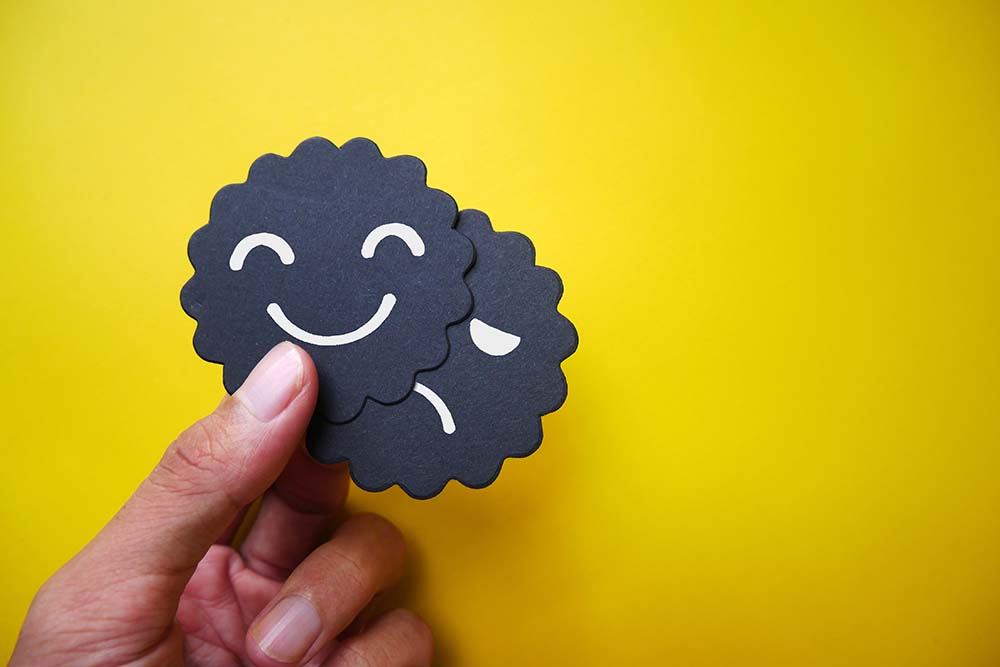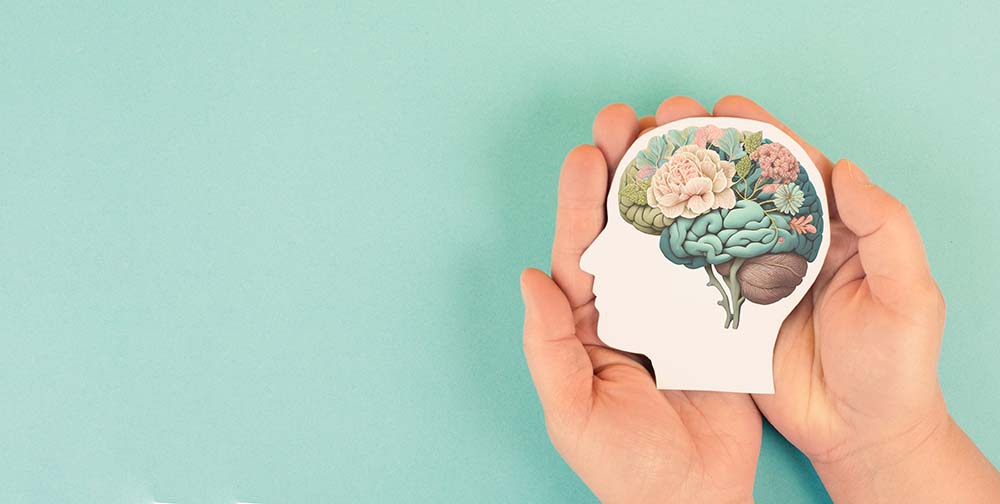Mental Health Awareness Month has been observed every May since 1949 with the aim to dispel stigmas and raise public awareness around it. If most people are unable to obtain the necessary care, it is because of misconceptions surrounding mental health issues. Stigma, or the shame and disgrace associated with requiring help for mental health issues, can be quite damaging. Considering the rising prevalence of anxiety, depression, and other related conditions, stigma forces people to needlessly suffer in silence. Nonetheless, it's critical that people recognise the significance of addressing mental health concerns.
Let us first dispel a few common misconceptions on mental health.

Misconception #1: Mental health issues are a sign of personal weakness.
Mental health issues have nothing to do with a person’s character, personal weaknesses or poor upbringing. Mental health disorders, just like any other physical illnesses, occur due to several factors such as genetics, hormonal imbalance, biochemistry and environmental stressors. It can affect anyone regardless of intelligence, social status and income level.
Misconception #2: Mental health problems are rare.
Mental health issues are more common than we realise. The WHO says that one in every four people in the world will have mental or neurological issues at some point in their lives.
Misconception #3: Mental health issues cannot be treated.
Mental health problems can be effectively treated using a variety of therapies. These include prescription drugs and counselling, among other treatments. It is possible to recover entirely from the problem, especially if the appropriate care is given early.

Misconception #4: Teenagers and adolescents go through hormonal fluctuations; they do not have mental health issues.
Although mood fluctuations are common among teenagers, this does not rule out the possibility of mental health issues. Globally, 14 per cent of teenagers suffer from mental health problems. For teenagers (10 to 15 years), suicide is the fifth most common cause of death worldwide. And for adolescents (15 to 19 years), suicide is the fourth most common reason of deaths. Mental health issues could begin as early as age 14.
Adolescents and youngsters alike might be impacted by mental health concerns. Rejecting or dismissing their problems as phases may prevent them from receiving the assistance they desperately need. Early diagnosis and treatment are essential to managing mental health conditions.

Misconception #5: Therapy and self-help are a waste of time, only medications can help.
Medications are effective only for certain conditions. However, therapy and self-help can enable managing symptoms and developing healthy coping mechanisms.
Misconception #6: Mental health issues can be handled on your own.
Nobody expects you to walk off the pain if you break your leg. You’re advised to seek care and treatment for every physical ailment or injury. The same logic applies to mental health issues as well. It's possible that you believe that mental health issues are to be handled on your own, but in reality, there are several professionals and support systems that you can seek out to make yourself feel better.

Misconception #7: People with mental health issues cannot be successful at work.
This outmoded assumption about mental illness conveys a biased message that people with these issues shouldn’t be in the workforce. A majority of people with mental health concerns are in fact employed, despite the fact that those with severe disorders are less likely to work than those with milder forms of illness. Over one-third of those who suffer from severe mental illness are also employed. Research indicates that working can enhance the quality of life and health of most people with mental health conditions.